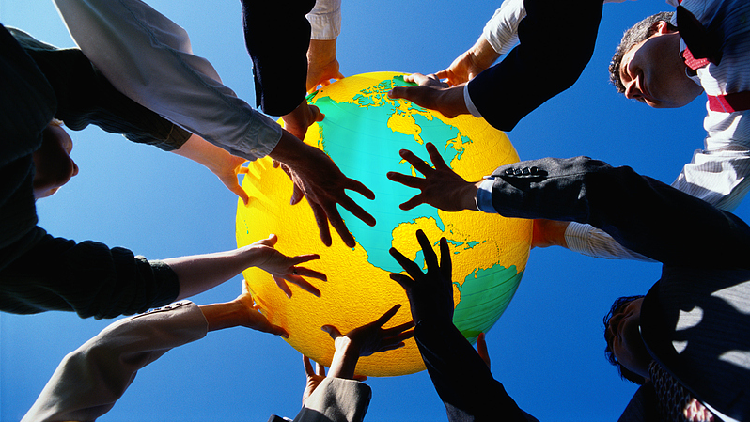
As extreme weather events intensify worldwide and global temperatures continue to break records, the urgent need for coordinated climate action has never been more apparent. 2024 is set to become the hottest year on record, with an average January-September global mean surface air temperature of 1.54 degrees Celsius above pre-industrial levels, according to the World Meteorological Organization (WMO).
The Paris Agreement's 2015 goal of limiting long-term global temperature rise to 1.5 degrees Celsius is at a threshold. Environmental issues triggered by global warming, including wildfires, droughts, storms and glacier melting, have been intensifying globally in recent years.

"All countries must do their part. But the G20 must lead," said UN Secretary-General António Guterres at the UN climate change conference COP29 in Azerbaijan. The Group of 20 (G20) members, representing around 85 percent of the world's GDP, more than 75 percent of world trade and about two-thirds of the world's population, accounted for 77 percent of greenhouse gas (GHG) emissions in 2023, excluding African Union countries, according to the UN Environment Program's Emissions Gap Report 2024.
G20 members in action In alignment with the Paris Agreement, each member was required to submit Nationally Determined Contributions (NDCs) outlining their plans to reduce GHG emissions and measures to limit global temperature increase, starting in 2020 and every five years thereafter. NDCs are determined by parties based on their capabilities and capacities. Parties must regularly report on their emissions and progress in implementing and achieving their NDCs.
The collection of NDCs demonstrates the world's progress toward achieving global climate goals. G20 members are working jointly to better address global climate challenges. Several members, including Canada, France, Germany, Italy, Japan, the United Kingdom and the U.
S., have committed to achieving net-zero greenhouse gas emissions by 2050 at the latest and submitted updated NDCs before COP26 in 2021. China announced its updated NDC in 2020, pledging to peak carbon dioxide emissions before 2030 and achieve carbon neutrality before 2060, according to "Progress on the Implementation of China's Nationally Determined Contributions" submitted in 2022.
G20 countries have also established the Environment and Climate Sustainability Working Group (ECSWG), which aims to enhance cooperation between G20 members in addressing current environmental and climate sustainability issues, such as extreme events, payments for ecosystem services, oceans and waste and circular economy. China's green transition and cooperation China has been making progresses in green and low-carbon energy development over past decades, saving energy equivalent to about 1.4 billion tonnes of standard coal and reducing carbon dioxide emissions by about 3 billion tonnes, said "China's Energy Transition" released by China's State Council Information Office in August.
Under the Belt and Road Initiative (BRI), China has strengthened its green development cooperation with partner countries. China has also launched Green Investment Principles for BRI, shifting focus to sustainable infrastructure development. Chinese President Xi Jinping on Monday outlined China's eight actions for global development in his remarks at Session I of the 19th G20 Summit on Fight Against Hunger and Poverty in Rio de Janeiro.
The first is to pursue high-quality Belt and Road cooperation. On top of 700 billion yuan ($96.7 billion) added financing windows and an additional 80 billion yuan injection into the Silk Road Fund, China is moving ahead with the development of the multidimensional Belt and Road connectivity network, one that is led by the building of a green Silk Road and will empower a digital Silk Road.
(Cover: People hold an earth-like ball together. /CFP).














